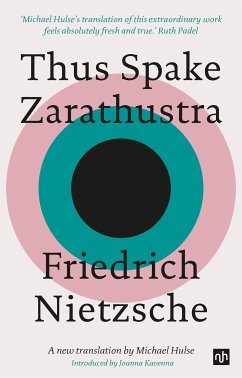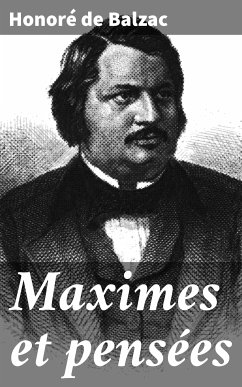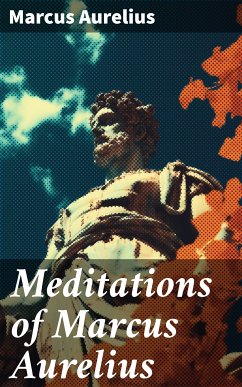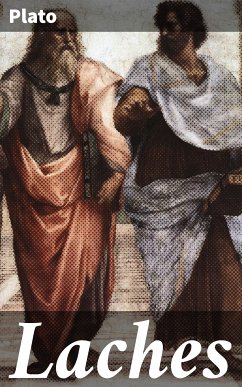
L. Annaeus Seneca on Benefits (eBook, ePUB)
Enriched edition. Practical Wisdom on Generosity and Gratitude in Ancient Rome
Kommentar: Ewing, Garrett / Redaktion: Good Press / Übersetzer: Stewart, Aubrey

PAYBACK Punkte
0 °P sammeln!
In "L. Annaeus Seneca on Benefits," the esteemed Stoic philosopher delves into the complex nature of generosity and the ethics surrounding the act of giving and receiving. Through a series of poignant essays, Seneca examines the multifaceted relationships that weave together benefactor and beneficiary, addressing both the moral imperatives and the pragmatic considerations that underpin acts of kindness. His stylistic approach is marked by clarity and rhetorical finesse, drawing from classical rhetoric while rising to the challenges of ethical discourse. The work finds its roots in Stoic philos...
In "L. Annaeus Seneca on Benefits," the esteemed Stoic philosopher delves into the complex nature of generosity and the ethics surrounding the act of giving and receiving. Through a series of poignant essays, Seneca examines the multifaceted relationships that weave together benefactor and beneficiary, addressing both the moral imperatives and the pragmatic considerations that underpin acts of kindness. His stylistic approach is marked by clarity and rhetorical finesse, drawing from classical rhetoric while rising to the challenges of ethical discourse. The work finds its roots in Stoic philosophy, which emphasizes virtue and the importance of rationality in human interactions, thus situating it within a broader literary and philosophical tradition that grapples with human behavior and ethical living. Seneca, a central figure in the Stoic school, faced the trials of political life and personal adversity, including exile and the looming specter of mortality, which profoundly influenced his philosophical reflections. His writings are emblematic of the tensions between moral integrity and the demands of social existence. Through his thoughtful examinations, he grapples with the question of how to navigate these complexities, lending practical wisdom that transcends time. Readers interested in ethics, philosophy, or even interpersonal relationships will find a treasure trove of insights in Seneca's work. "On Benefits" offers a profound exploration of the moral dimensions of generosity, encouraging readers to reflect upon their own practices of giving and the societal implications of these actions. This text is a must-read for anyone seeking to understand the delicate balance between selflessness and self-interest in their lives. In this enriched edition, we have carefully created added value for your reading experience: - A succinct Introduction situates the work's timeless appeal and themes. - The Synopsis outlines the central plot, highlighting key developments without spoiling critical twists. - A detailed Historical Context immerses you in the era's events and influences that shaped the writing. - An Author Biography reveals milestones in the author's life, illuminating the personal insights behind the text. - A thorough Analysis dissects symbols, motifs, and character arcs to unearth underlying meanings. - Reflection questions prompt you to engage personally with the work's messages, connecting them to modern life. - Hand-picked Memorable Quotes shine a spotlight on moments of literary brilliance. - Interactive footnotes clarify unusual references, historical allusions, and archaic phrases for an effortless, more informed read.
Dieser Download kann aus rechtlichen Gründen nur mit Rechnungsadresse in A, B, BG, CY, CZ, D, DK, EW, E, FIN, F, GR, H, IRL, I, LT, L, LR, M, NL, PL, P, R, S, SLO, SK ausgeliefert werden.













